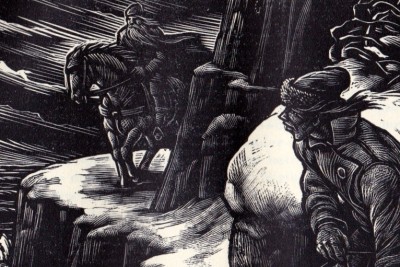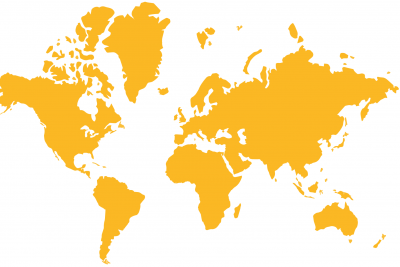There still does not exist a complete Dutch poetic translation of the Kalevala. At least ten translators have worked with the epic during the years, but only two of them have known Finnish. Of these two, the other one has mainly translated prose, whereas the other never managed to print the result of the efforts that were made. The others translated mainly from German.
The Dutch translations of the Kalevala focus mainly on two ways to view the world and how literature should work: firstly, the völkisch-nationalistic and secondly, the theosophic-anthroposophical discourse. The völkisch-nationalistic view was dominant especially between the wars and the theosophic-anthroposophical view dominated after the second world war. They share some main ideas. According to the völkisch-nationalistic view, literature should, first and foremost, express the soul of the people. Unfortunately, modern literature did not correlate to this view: there was a rift between literature that was not connected to its roots and the soul of the people. In this sense, the Kalevala was an exemplary piece of literature, since it was assumed that the people had created it and, consequently, it also expressed the soul of the people.
In the anthroposophical way of thinking, we see a similar distinction, but here the rift that causes problems exists between the world of the human being and the spiritual world. The rational mind of the human being has disrupted his/her intellect. However, this connection still exists in people who have preserved their spiritual-divine contact and their intellectual work, as for example in epics, fairy tales and legends. These written texts can help today’s reader who tries to rebuild his/her understanding of spiritual aspects. This is one reason for why anthroposophists read the Kalevala and use it as a therapy method.
(Adriaan van der Hoeven: ”Kalevalan hollanninkieliset käännökset”. Kalevala maailmalla. Helsinki: SKS. 2012.)


